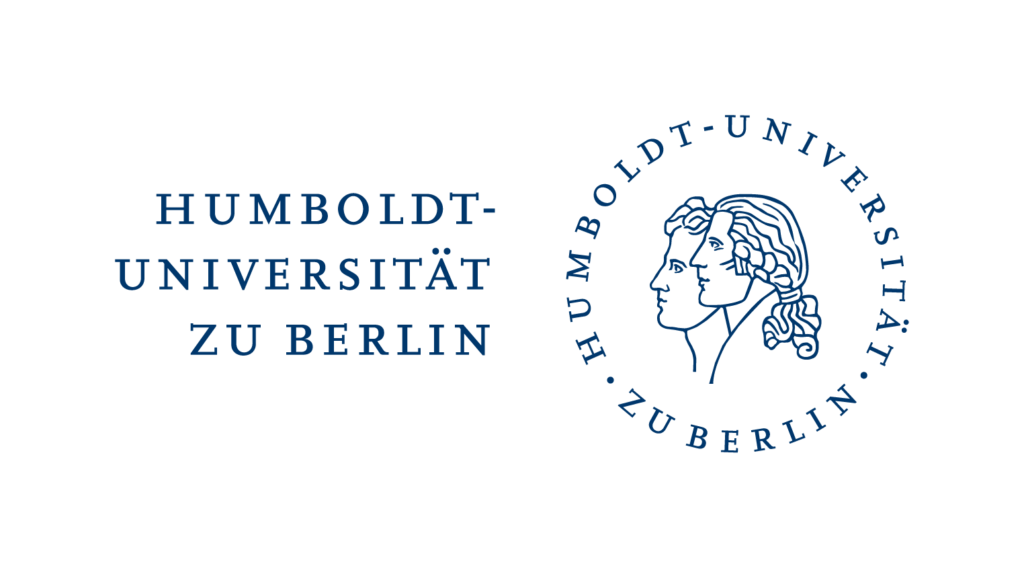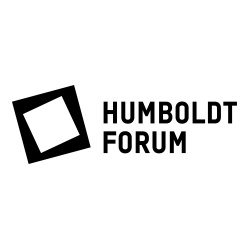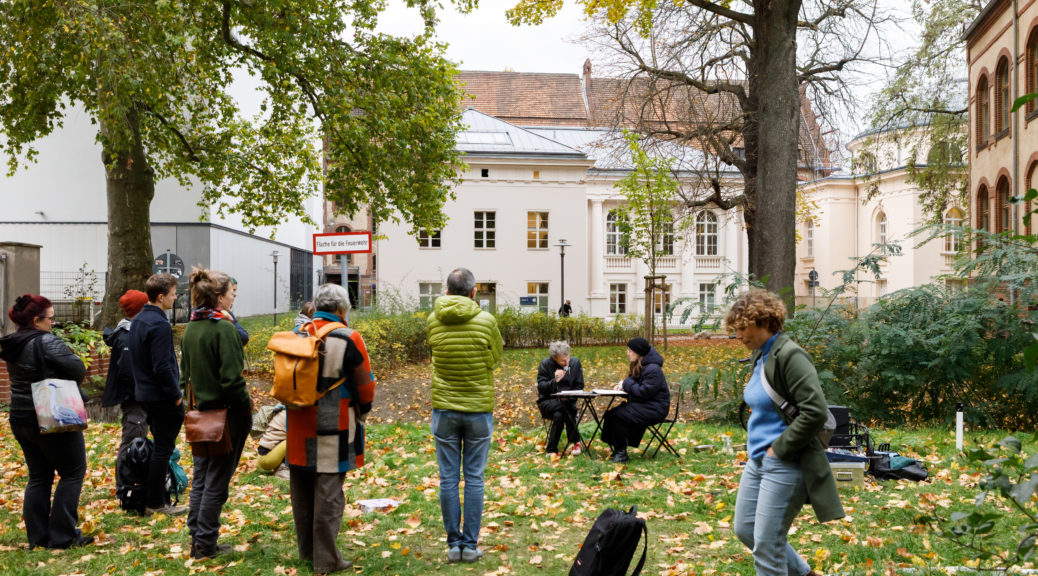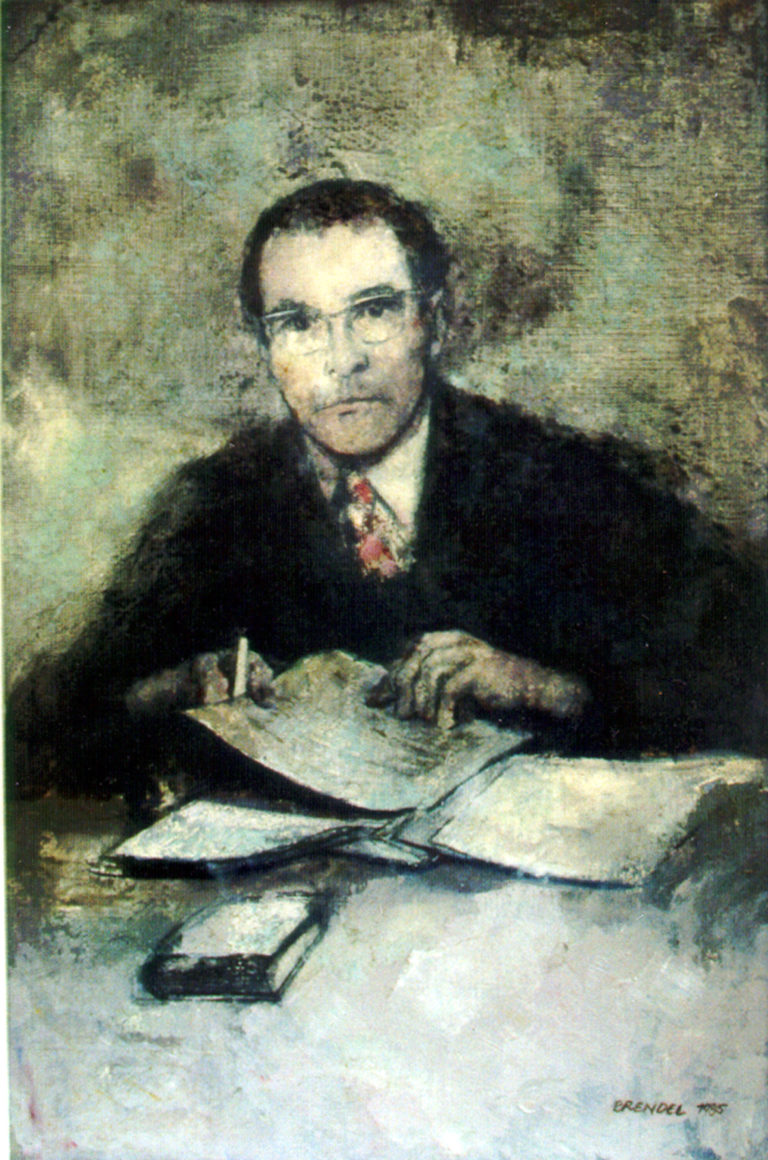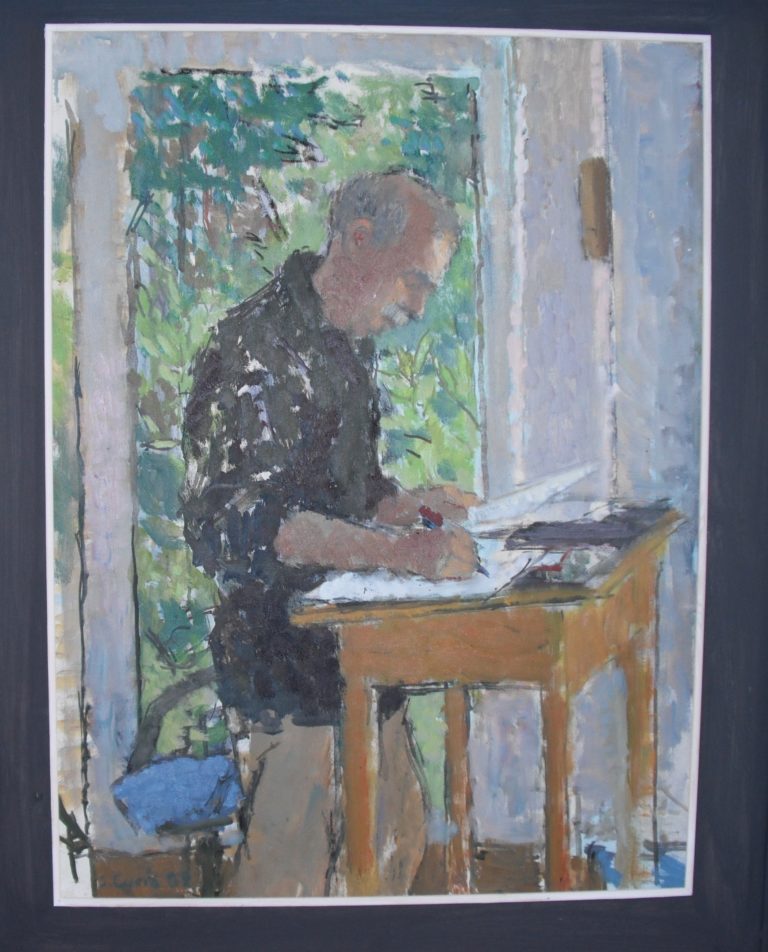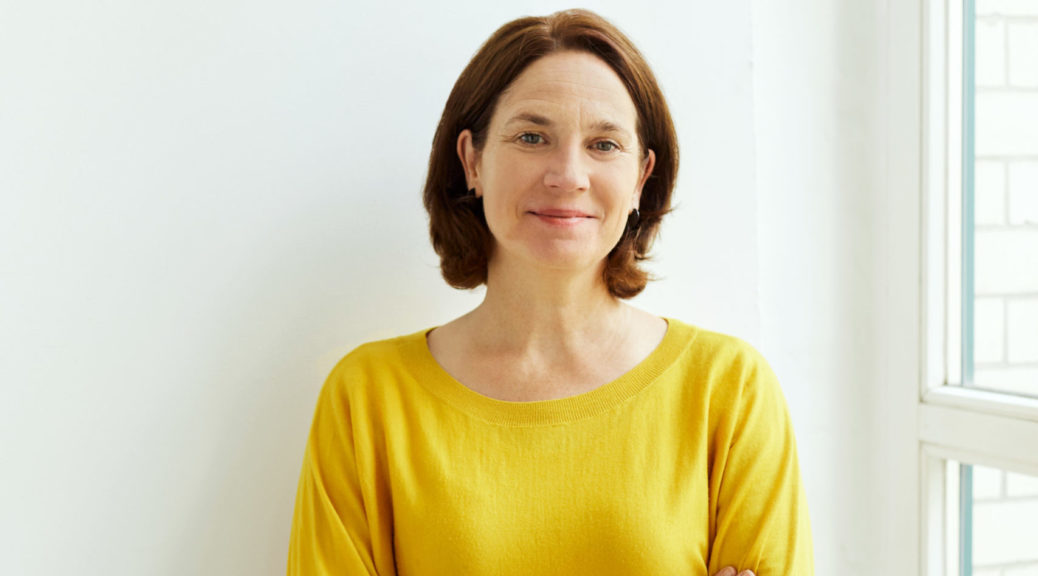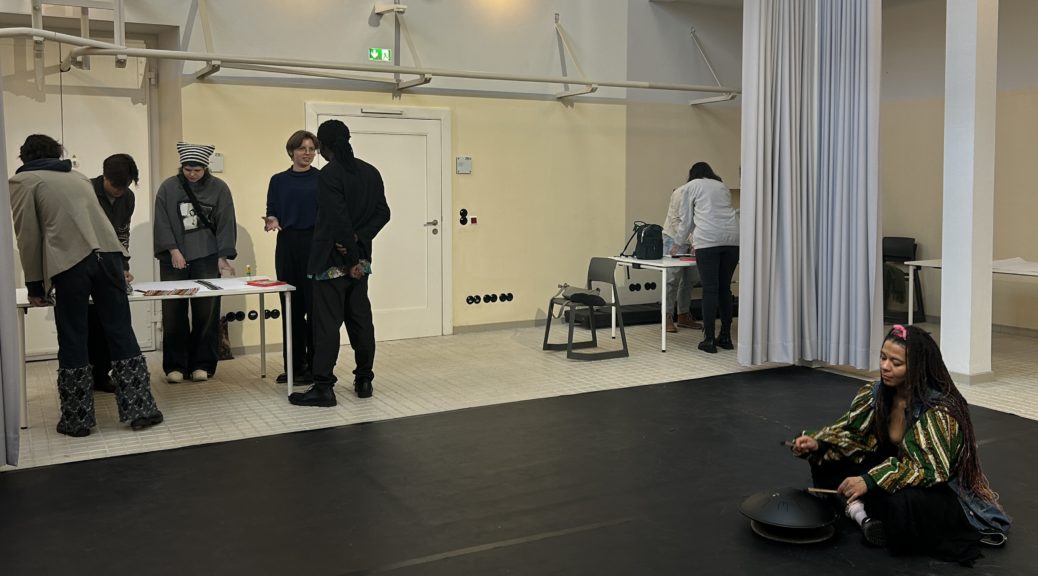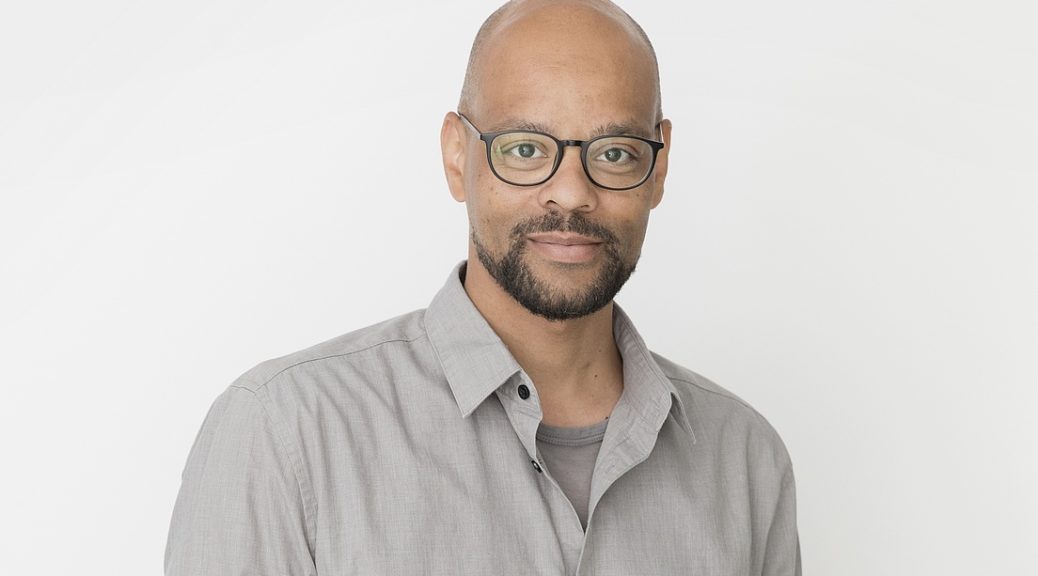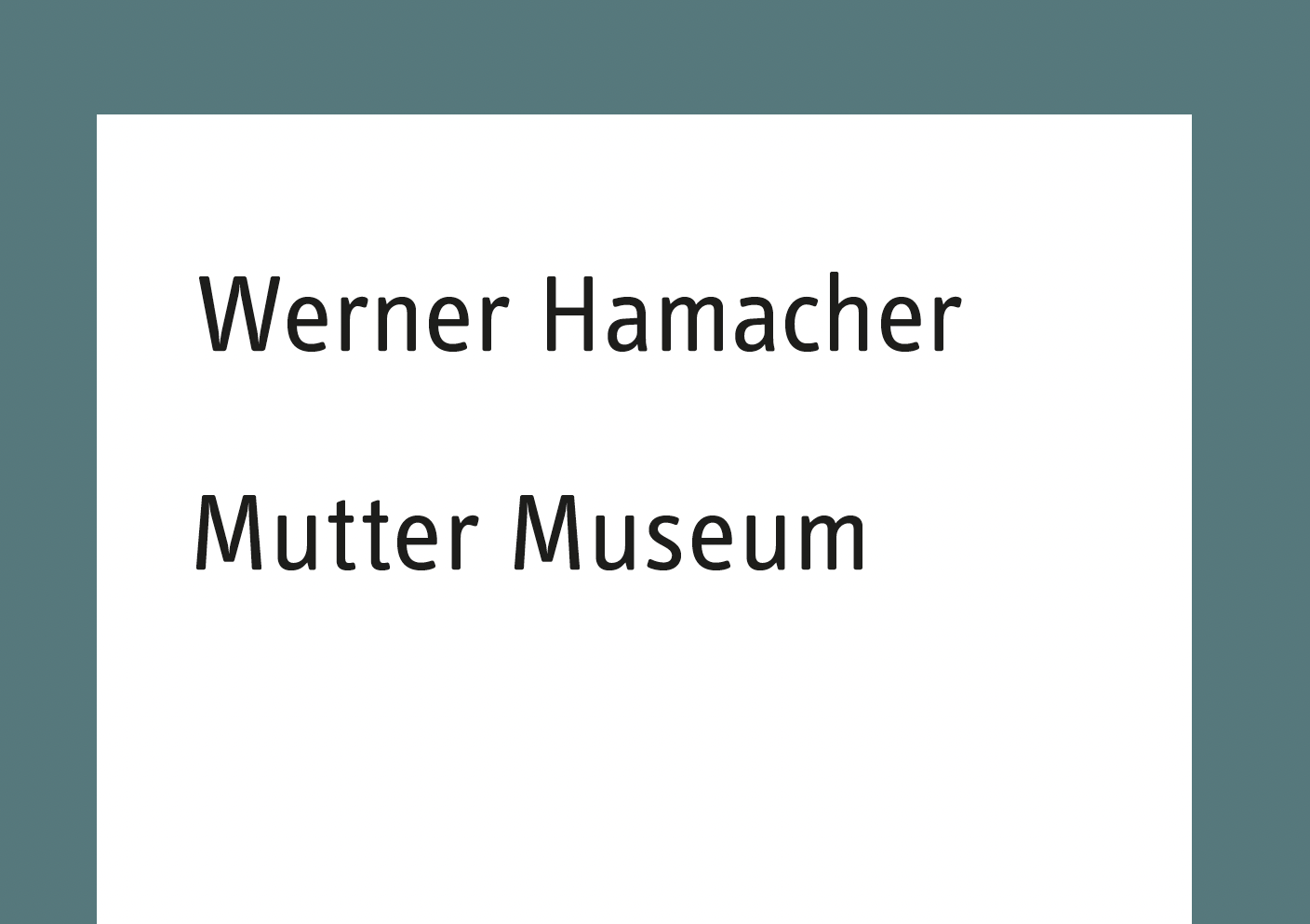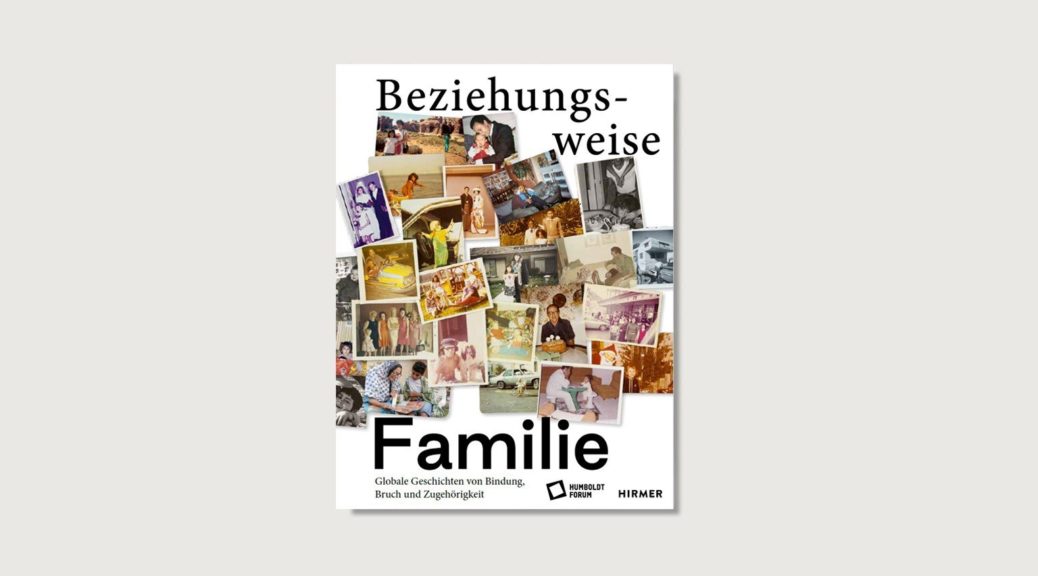Genealogies, Family Secrets, and a Curious Ethnologist in West Africa
Prof. Dr. Carola Lentz
(Johannes Gutenburg-Universität Mainz, Institut für Ethnologie und Afrikastudien (ifeas), Mainz)
Family trees, family secrets, and a curious ethnologist in West Africa. Almost four decades ago, Carola Lentz was welcomed into a large Ghanaian family. As in many African families, educational paths and professional careers, places of residence, and lifestyles have diverged greatly over time. This makes the memory of common ancestors and regular visits to the village of origin even more important for the cohesion of the extended family. However, the younger, educated generation has different expectations of a good family history than their rural relatives. The remembered family past is therefore controversial, and some things are marked as “secrets” by some. Memory practices and their media are also new. Memorial services are replacing ancestral sacrifices. Drawn family trees, ancestral tables, and photo albums supplement oral narratives. The lecture explores these changes and the conflicts that accompany them. Family history, it concludes, can not only unite but also divide.
The lecture will be held in German.
Participation is possible without pre-registration and is open to all interested parties.
Organiser:
Prof Dr Daniel Tyradellis (Humboldt-Universität zu Berlin)
Dr Alia Rayyan (Humboldt-Universität zu Berlin)
Dr Laura Goldenbaum (Humboldt Forum Foundation in the Berlin Palace)
Place and time:
21. January 2026,
6 to 8 pm
in Room 3 (Saal 3), ground floor,
Humboldt Forum, Schlossplatz.
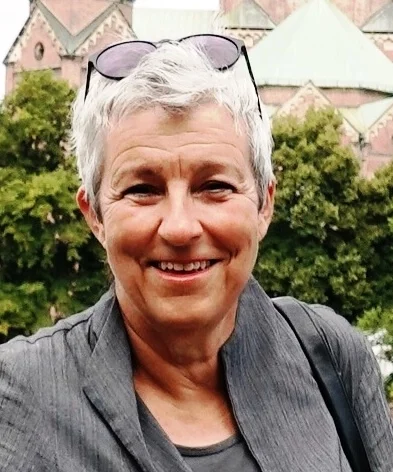
Carola Lentz is an ethnologist and Senior Research Professor at Johannes Gutenberg University Mainz. Her research focuses on migration, ethnicity and nationalism, colonialism and decolonization, state and family memory politics, as well as educational biographies and middle classes in postcolonial societies.
She studied sociology, political science, German studies, and education in Göttingen and Berlin, earned her PhD in 1987 at Leibniz University Hannover, and completed her habilitation in 1996 at the Free University of Berlin. Her academic career includes professorships in Frankfurt and Mainz, where she significantly shaped the Institute for Ethnology and African Studies. From 2020 to 2024, she served as President of the Goethe-Institut, promoting cultural exchange and international understanding. Her research also focuses on social belonging, mobility, and memory culture in West Africa. For her book Land, Mobility and Belonging in West Africa, she received the Melville J. Herskovits Prize in 2014.
She is a member of the German National Academy of Sciences Leopoldina and the Berlin-Brandenburg Academy of Sciences.
